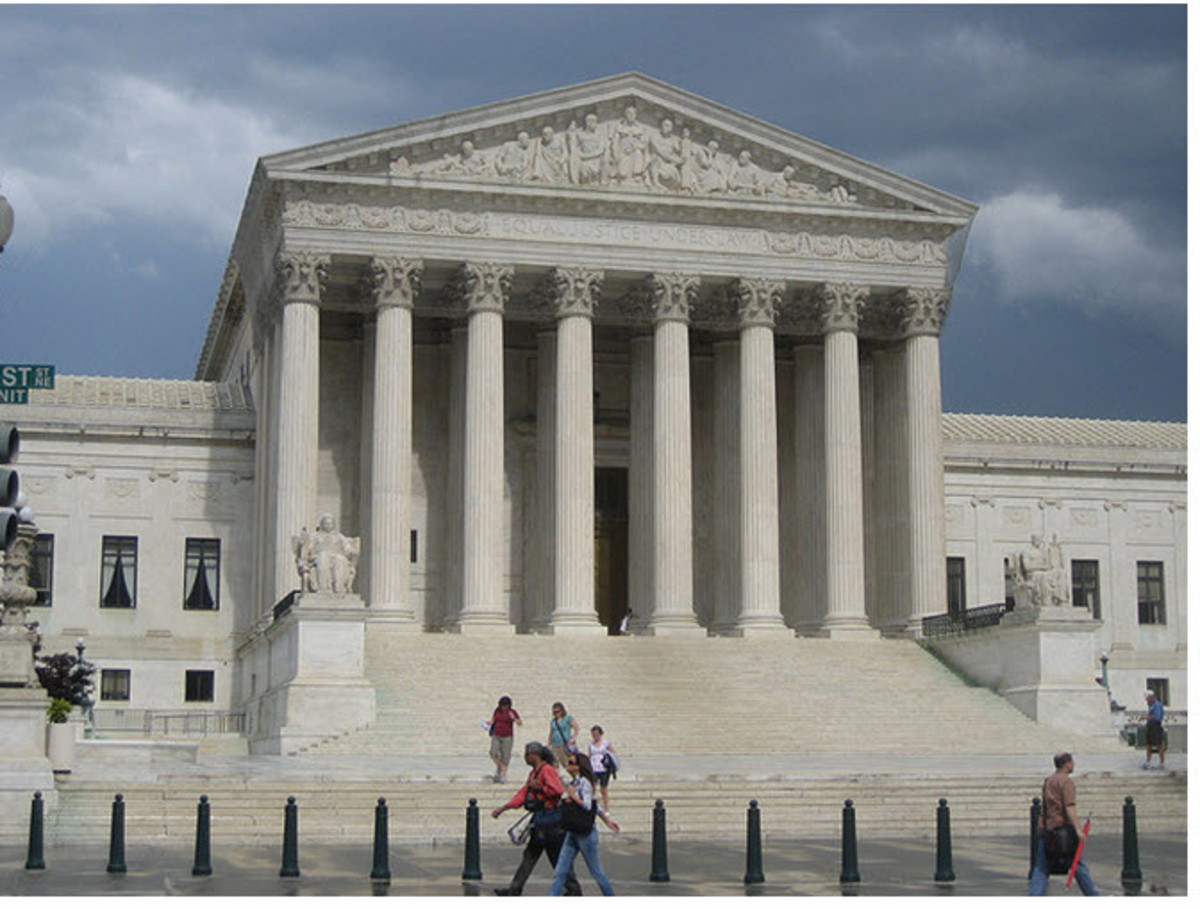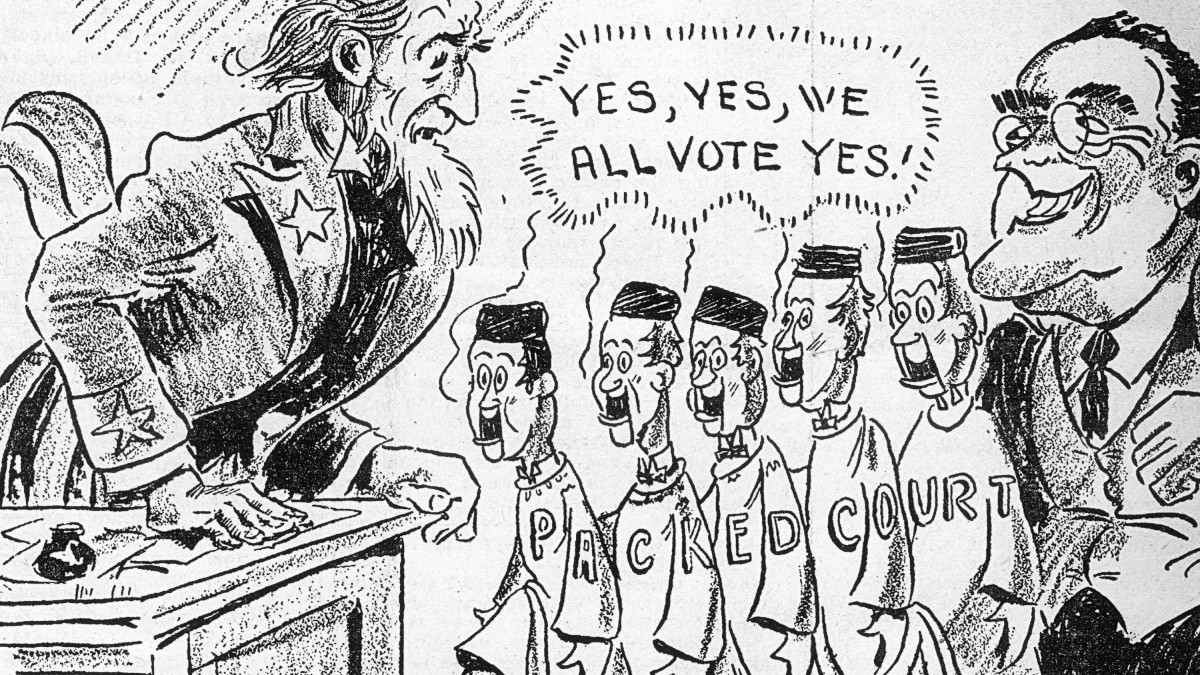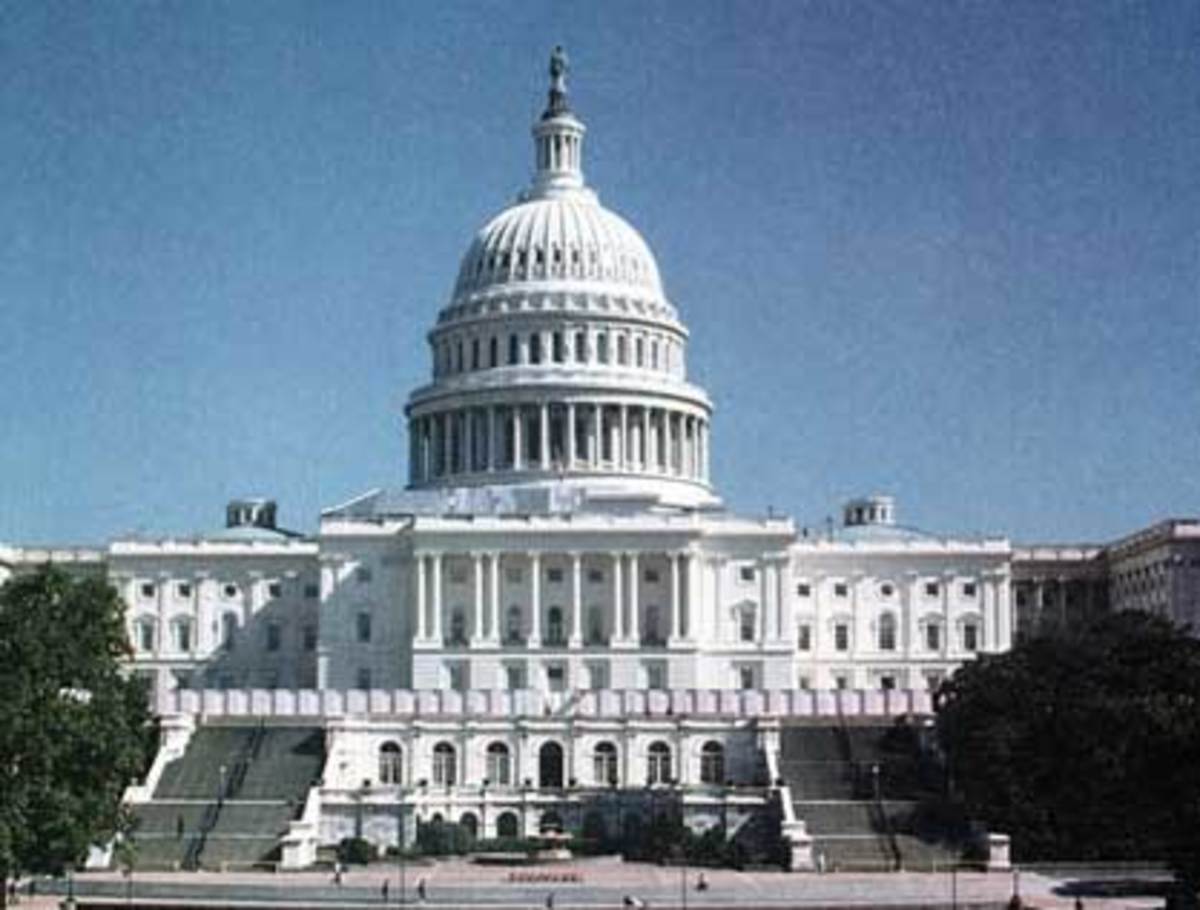Are Supreme Court Decisions Final?
Supreme Court decisions have typically been assumed to be the final action in any of the cases in which it makes decisions but such is not the case. While this integral part of our government has the responsibility to apply or interpret the law as written it does not have the final say. The legislative branch has the final say with regards to decisions made which conflict with legislative intent. The clear choice upfront in creating legislation is to clearly state in no uncertain terms both the purpose and intent of laws initiated by Congress and signed by the President.
The legislative process is not an easy one to say the least and it needs to be revamped in a way to provide more clarity both in the language and intent. It is true laws are passed which have negative impacts which could not have been foreseen in many cases and when this occurs Congress has the responsibility to correct these negative impacts. The recent Supreme Court decision involving the Affordable Care Act and subsidies for individuals in states without exchanges was based on intent not the language as written in the law. Clearly this aspect of court decisions at any judicial level must be addressed by Congress.
The number of laws and the regulations that support them are too numerous to count. In addition not all laws are accepted openly as many have seen responses that signal their unpopularity in the topic being addressed. Currently the laws being generated by Congress and perhaps in some states are so long that it takes a lawyer to understand the requirements contained within them. Many laws are hundreds and in some cases over 1,000 pages long with such technical content the average individual cannot comprehend the requirements let alone the regulations that accompany them. This should not be the way our elected officials generate legislation which become law.
The federal and state governments are there to serve the constituents they represent not each other or their political party. Congress and legislatures across the country need to take heed regarding decisions made by the Supreme Court and other lower court decisions and if decisions do not represent the intent of their legislation. State legislatures and Congress have a responsibility to correct any error in judgment or misinterpretation being handed down through court proceedings. This is why decisions by the Supreme Court and lower courts are not the final say. They are however the final say if state legislatures or Congress do not take action for decisions which conflict with the language or intent of the legislation signed into law.
I have great respect for the Supreme Court and all courts within our judicial system but decisions made do not always agree with the principles on which this country was found. Sometimes the decisions involve legislative action which may or may not be within the authority of the applicable legislature to generate but decisions nonetheless need to be made. One important aspect of the Supreme Court is the fact they do not accept all the issues presented to them but those they do accept have critical impact on individuals and the country as a whole.
Decisions by the Supreme Court or other courts are never the final say as I have previously identified but they are the law unless applicable legislatures take action to address the decisions made. It is also rare if ever that a court especially the Supreme Court will accept cases involving decisions made by previous court sessions. The makeup of the Supreme Court and the individual perspectives of the judge’s change over time and with that change the philosophical perception also changes and can and does impact decisions on cases before the court. Let us respect the decisions made by the Supreme Court and put pressure on our elected officials to address decisions which may contradict the principles upon which this country was found. The only way a Supreme Court or other court decision can be reversed is through legislative action from the applicable legislative entity.






![Gun Rights: Not All Firearms Are Constitutionally Protected As Some Would Have You Believe. [278*3]](https://usercontent2.hubstatic.com/12935107_f120.jpg)

